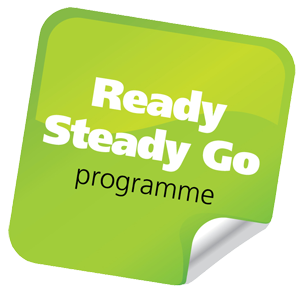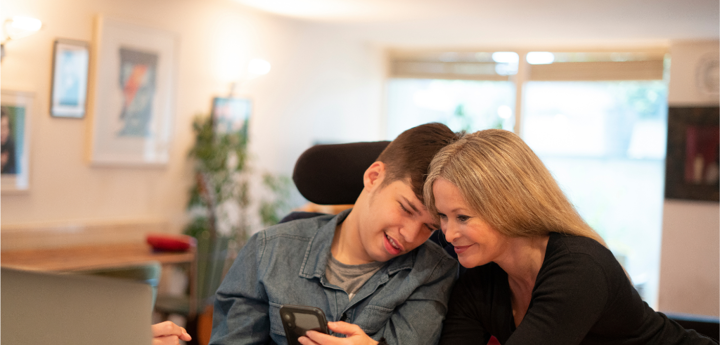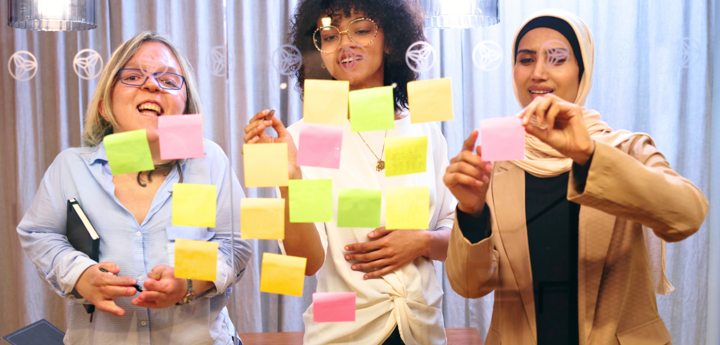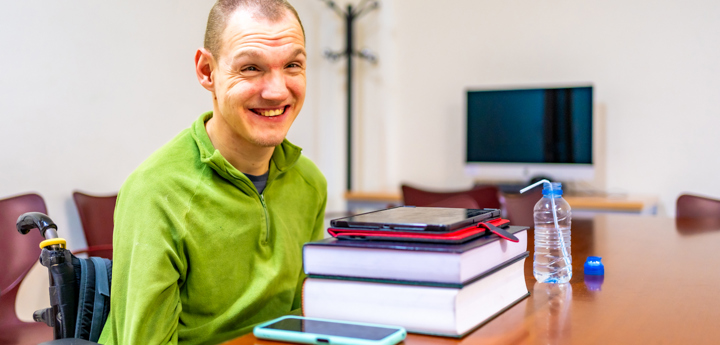Health
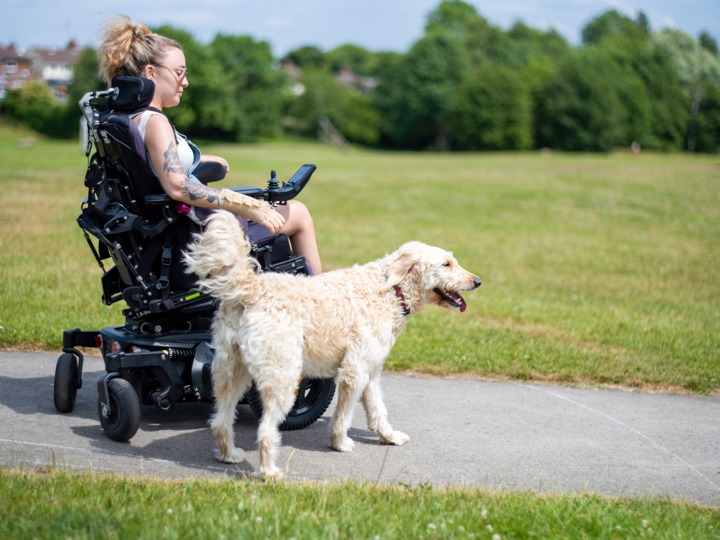
Supporting your young person to understand their body and make healthy choices is important as they grow into adulthood. This includes teaching them about topics like healthy eating, exercise, sleep, mental health and managing medications.
Preparing for adulthood will start from Year 9 (13 to 14 years old).
Preparing for adulthood
Your young person with special educational needs or disabilities (SEND) will become an adult. They will move from children's services to adult services.
It is important to prepare yourself and your young person for this big change. This this can be exciting, upsetting and stressful.
Explore the topics on this page:
Reasonable adjustments in healthcare
Staying active
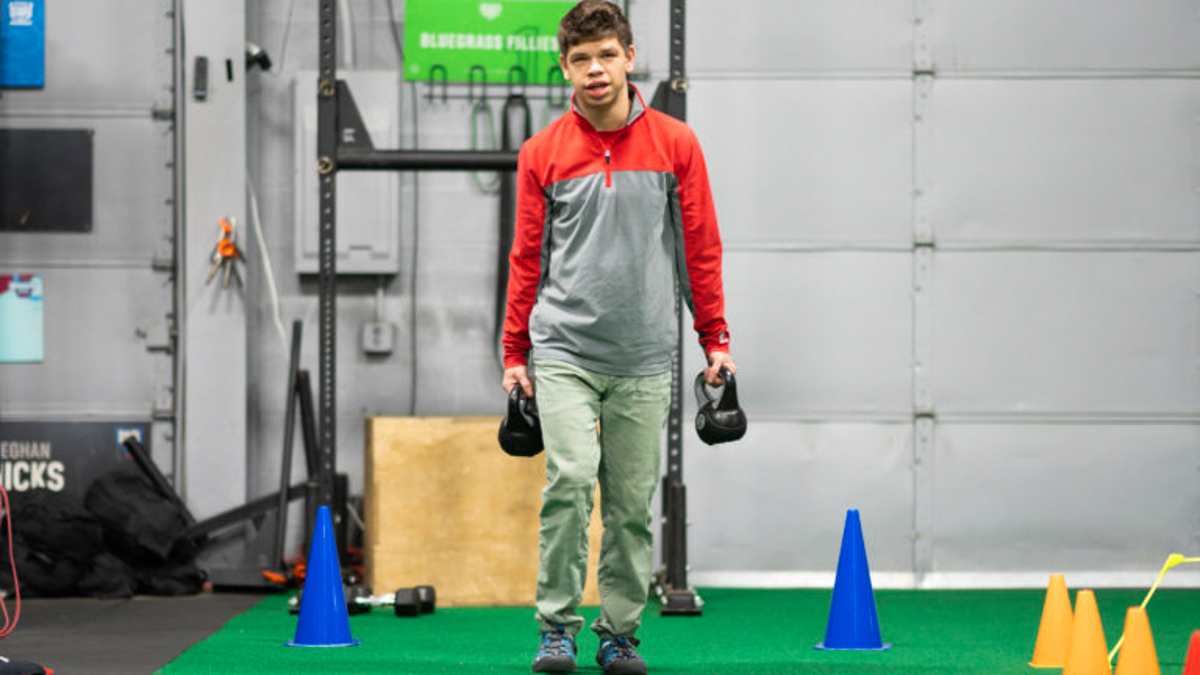
There are lots of ways for your young person to stay active in adulthood. A number of organisations and clubs have activities and programmes for disabled people.
Dental care and oral health
Anyone under the age of 18 (or 19 if in full-time education) is entitled to free dental care. After this time you may need to pay for dental treatment. Find out who is entitled to free NHS dental treatment in England.
Some dentists may be able to treat people with additional needs in their surgery. The dentist can refer the patient to a more specialised dental service. Specialised dental services are commonly provided by community dental services.
Sexual health and pregnancy
Sexual health is important for everyone, but it can be quite difficult to talk about.
There are various organisations that provide help and support for sexual health. This includes relationships, contraception, sexually transmitted infections (STIs), pregnancy, and HIV care.
Mental health and wellbeing
Young people may have been under the Child and Adolescent Mental Health Services (CAMHS).
When they are aged 17 to 25 they will need to access adult mental health services (AMHS). Their CAMHS worker should talk to them about this move 3 to 6 months before it's due to happen.
Mental health crisis
Call NHS 111, select England and provide your location details, then select option 2.
This is a 24 hour service for people in a mental health crisis. This service is for anyone, of any age, in Bedfordshire and Luton.
Prescriptions
Prescriptions are free until a young person turns 16 years old (or 18 if they are in full-time education). If the young person receives Universal Credit, they will have free prescriptions up to the age of 20.
Free prescriptions are available as an adult if you have certain health conditions or circumstances. Check what help you could get to pay for NHS costs.
GP services
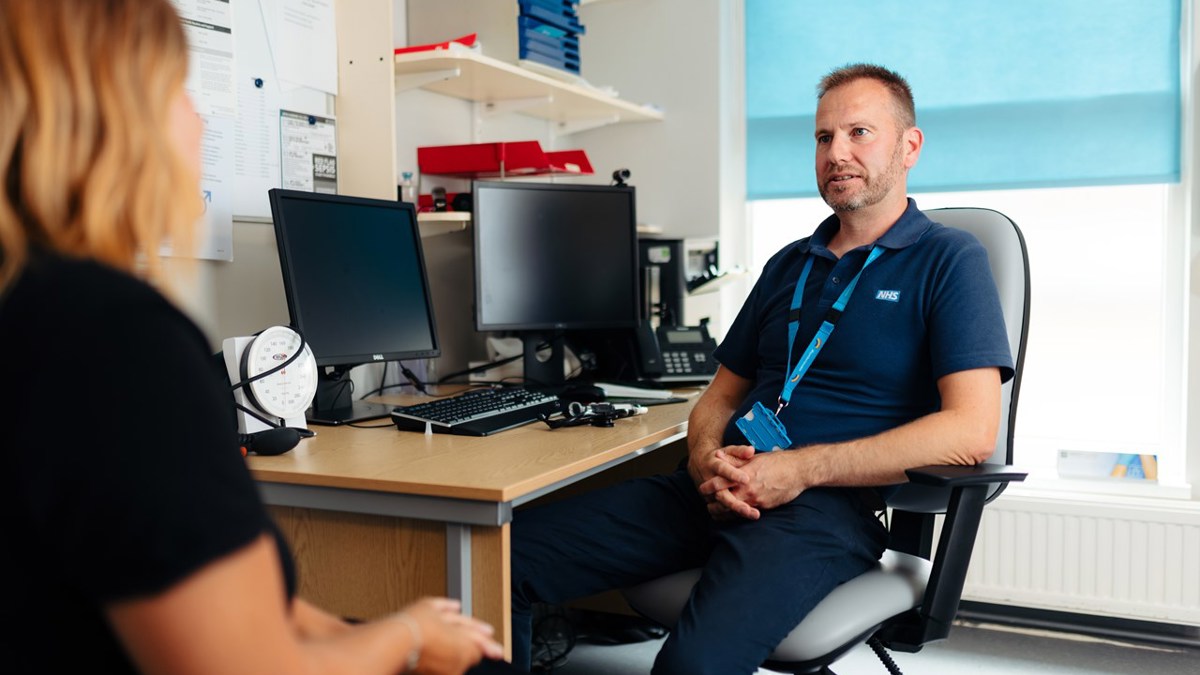
Young people with long term conditions may not have seen a GP very often or know the team at the GP practice. This is because the paediatrician or specialist paediatric teams provide their care.
It is a good idea for your young person to get to know their GP as they prepare for adulthood. The GP will help link the young person with other adult health and social care providers to make sure they are getting the right care.
GP practice teams have a range of services. They are often involved in long term condition management. GPs can provide confidential care that is independent from a parent or carer.
Your GP practice will also offer annual health checks from 14 years old to people with learning disabilities. Read more about annual health checks.
The GP will be able to start specific processes that can help your young person:
Reasonable adjustments in healthcare
Visit your GP practice website to learn how to make an appointment.
Reasonable adjustments in healthcare
The NHS must make it as easy for people with disabilities to use health services. Making reasonable adjustments means ensuring people with disabilities have equal access to good quality healthcare.
Ask a GP to add a reasonable adjustments flag to the young person's summary care record. There are a wide range of adjustments that can be made including:
- communication support - providing details about communication methods used
- accessible information - requiring a contact to be provided in a specific format like Easy read or being contacted through email
- additional communication support - needing extra support like having difficulties processing information or expressing pain in a different way
- language support - if you speak a different language, a interpreter can be provided
- individual care requirements - any changes that are specific to you, like having a phobia of needles or needing a distraction for any procedure
- adjustments to the environment - any changes to the environments like needing wheelchair access or having light-sensitivity
Care plans and 'passports'
These documents are designed to help your young person. Documents like the health action plan are made for your young person to use.
Many care plans and 'passports' help healthcare staff to understand your young person's needs and preferences quickly.
Support for young people with learning disabilities
There is support available for people with learning disabilities.
Continuing healthcare
If a young person has complex healthcare needs that cannot be met by other services, they may be eligible, as a child, to receive support form Children's Continuing Care (CCC). The NHS National Children’s Continuing Care Framework, offers guidance on eligibility for young people up to their 18th birthday.
There are differences between children and adults continuing healthcare provision. Although a young person may be in receipt of a package of care, they may not be eligible for continuing healthcare (CHC) or NHS funded nursing care once they turn 18.
Eligibility for continuing healthcare (adults) is determined by assessed need and not by the setting in which the package of support can be offered or by any diagnosis.
Other health information
Last reviewed: 16 July, 2025
















